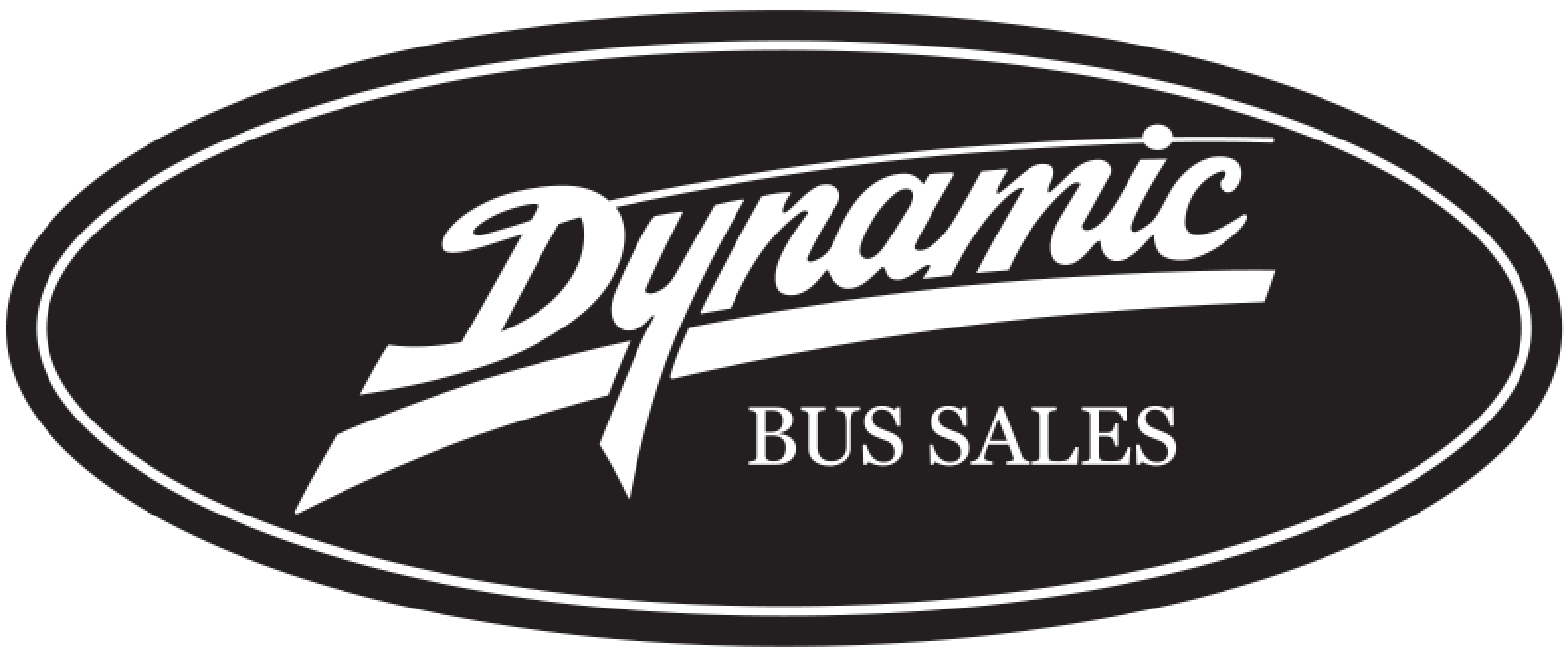Pros and Cons of Gas versus Diesel Bus Engines
When it comes to gas versus diesel bus engines, there are pros and cons to both types of fuels and engines. The most important thing is determining exactly how the bus will be used and then choosing the engine type that fits the right balance between budget, fuel efficiency, and performance.
Diesel Engines
Diesel engines provide from 30 percent to 35 percent better fuel economy than comparable gas engines. Bus companies are always looking for ways to save fuel. Diesel engines work with a combustion process that is leaner, burning less fuel than a conventional spark gas engine. Diesel fuel has a higher energy density than gasoline.
The incremental acquisition charges for the diesel engine is between five thousand dollars to eight thousand dollars or more than gas counterparts. Diesel can make financial sense generating cost savings for the users. The business plan and budget play a role here in this decision.
Day to day maintenance on diesel engine will cost more compared to a gas engine. Gas engines often have longer service intervals for engine coolant, spark plugs, and engine oil.
Gas Engines
The prices of both diesel and gasoline fluctuate. Diesel used to be cheaper, but that is no longer necessarily the case. Fuel cost is a complex calculation depending on location.
So, the answer is that whether diesel or gasoline is better for bus engines depends on many factors and is a complex calculation. Diesel engines tend to last longer, but they may also be more expensive to repair. If you’re wondering whether you should purchase a gasoline or diesel bus, then talk to us. This is our area of expertise.
Dynamic Specialty Vehicles has been supplying and servicing mid-sized buses for over 30 years. With long-term contracts with demanding clients like BC Ambulance and BC Transit, Dynamic Specialty Vehicles knows how to keep their clients safe and their buses running smoothly.
If you have any questions about this article or would like further information about buses and/or services, please call us on our Toll-Free number, (888) 416-9333.

